A Conversation with Kimbal Musk: How His Trauma Led to Helping Fix Our Food System Through Community

Explore "sustainableagriculture" with insightful episodes like "A Conversation with Kimbal Musk: How His Trauma Led to Helping Fix Our Food System Through Community", "28. Seed to Table | Ultimate Human Short with Gary Brecka", "Vandana Shiva - Climate Change, Transhumanism & The Profitabilty of Sick People", "The Food Connection" and "Repair, Repurpose, Reimagine (2022)" from podcasts like ""The Doctor's Farmacy with Mark Hyman, M.D.", "The Ultimate Human with Gary Brecka", "Stay Free with Russell Brand", "TED Radio Hour" and "TED Radio Hour"" and more!

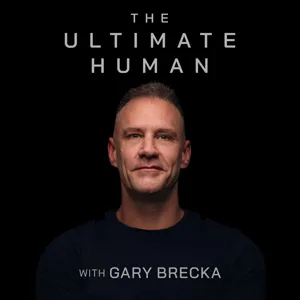
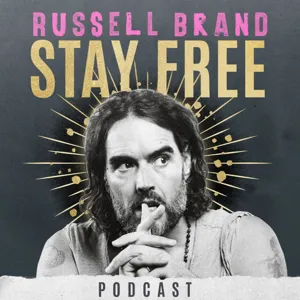
Joining me today is environmentalist and anti-globalist author Vandana Shiva. We will be talking about localisation and sovreignty, how it is more profitable for people to be sick & how to approach climate change. You can watch Vandana's documentary: ‘The Seeds of Vandana Shiva’ at www.VandanaShivaMovie.com
--
💙
Support this channel directly here: https://bit.ly/RussellBrand-Support
Visit the new merch store: https://bit.ly/Stay-Free-Store
Follow on social media: X: @rustyrockets INSTAGRAM: @russellbrand FACEBOOK: @russellbrand



Will Harris is a fourth-generation cattleman and farmer. He's the owner of White Oak Pastures: a family farm utilizing regenerative agriculture and humane animal husbandry practices.
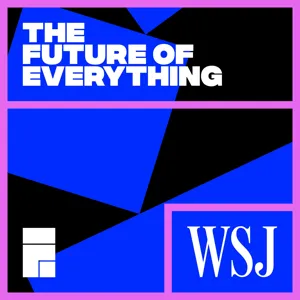


Bart Elmore is the associate professor of environmental history and core faculty member of the Sustainability Institute at the Ohio State University. He's the author of "Seed Money: Monsanto's Past and Our Food Future."

Director Alex Gibney discusses "The Crime of the Century," his two-part documentary about the deadly opioid epidemic and the drug companies responsible for perpetuating it.
Learn more about your ad-choices at https://www.iheartpodcastnetwork.com
See omnystudio.com/listener for privacy information.

Jordan Klepper talks to a nurse practitioner and a nursing student in North Carolina who have been counter-protesting the backlash against stay-at-home orders.
Learn more about your ad-choices at https://www.iheartpodcastnetwork.com
See omnystudio.com/listener for privacy information.


Former Vice President Al Gore discusses his special "24 Hours of Reality," which focuses on the seriousness of the climate change crisis and its impact on worldwide health.
Learn more about your ad-choices at https://www.iheartpodcastnetwork.com
See omnystudio.com/listener for privacy information.

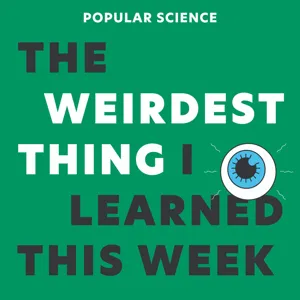


Liz is joined by organic farmer and Chief Executive of the Soil Association, Helen Browning. Tune in to hear Helen’s personal journey into organic farming and why our ability to feed ourselves into the future depends on the health of our soil.
You can find the show notes at https://lizearlewellbeing.com/episode-13-interview-with-helen-browning-mbe/.
Hosted on Acast. See acast.com/privacy for more information.

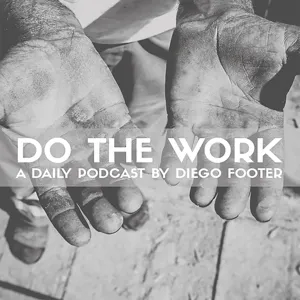
#52
DO THE WORK PODCAST:
A dailyish show focusing on the reality of being a dad, running multiple businesses and all of the organization, productivity, and lifehacking that is in place to make it all work. The show will make you cry, laugh, like me, and hate me, but most importantly it will remind you to remember what is truly important in your life.
Follow Me:
Instagram: @DiegoFooter: http://bit.ly/2B3vprJ
YouTube: Diego Footer: http://bit.ly/SubtoDiego
Podcast: DO THE WORK: https://apple.co/2ERsLHZ
Produced by podcaster, entrepreneur, and dad of three daughters - Diego Footer.

Stay up to date
For any inquiries, please email us at hello@podcastworld.io